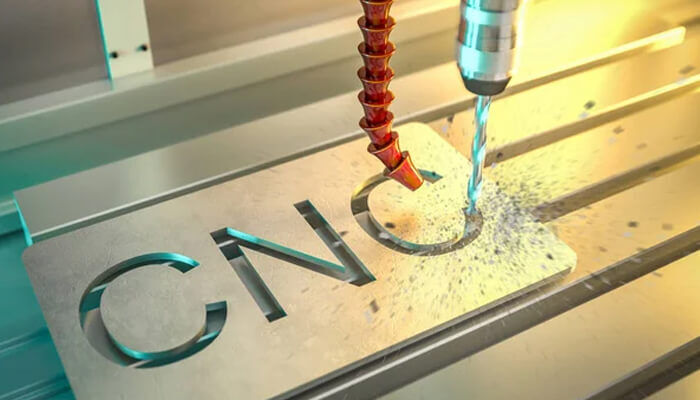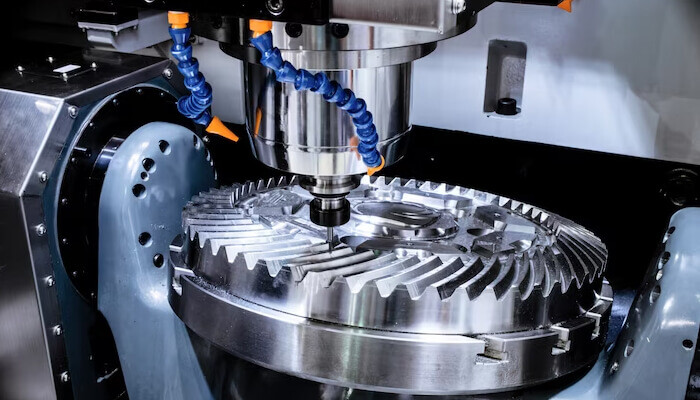If you are a startup that wants to specialize in the production or usage of CNC machining products, there are various factors to note that will affect the overall cost. The CNC machining project cost varies from project to project. Understanding the factors affecting CNC machining can help you make informed decisions and get opportunities to cut costs. If you need CNC Machining Parts, you might consider outsourcing products from a reputable and experienced CNC machining provider. It might help you save money you could have used to purchase the products. This post will help you comprehend the main factors affecting CNC machining costs.
Factors that Affect the CNC Machining Costs
1. The CNC Equipment
One of the significant costs incurred with CNC machining is the CNC equipment. The CNC equipment is a considerable part of the preparation costs and affects the cost of the machining solution. It’s critical to note that the more expensive the machine and operation, the more expensive the parts will be.
That’s why knowing how to choose suitable CNC machines is always critical. It’s vital to note that CNC production involves various machining processes, including boring, chipping, milling, drilling, and more. CNC milling machines or CNC lathes can achieve some of this process. When choosing a machine, you need to consider its efficiency.
You should also note that the cost of the cutting tool also affects the overall machine cost. Furthermore, the tool’s coating, material, and geometry affect this cost. If you are using carbide tools are more resistant to temperatures and can withstand high speeds will cost up to twice as much as steel tools.
2. The Impact of Materials Prices on CNC Machining Costs
Another cost you should consider is the material required to make a part. Different materials will impact the cost of manufacturing. Many costs affect the raw materials. Materials are often priced differently depending on their property, availability, and overall production cost. Metal material is more costly compared to other materials, such as plastic.
3. Design and Construction of a Part
The more expensive material is to produce, the more expensive it is to manufacture. In addition, the complex parts might require longer machining times, more advanced machines, and multiple operations and assemblies. In CNC machining, specific part features and designs often increase the overall cost, such as thin walls, sharp insider corners, lettering, and non-standard hole sizes. If not a must to use some of these features, you should avoid them to reduce production costs and minimize material wastage. Other design requirements, such as tolerance option and surface roughness, may require quality checks and multiple machining.
4. The Larger the Quantity, the Lower the Cost
It’s crucial to note that the cost will decrease as the number of parts increases. This proportional reduction in cost is due to eliminating duplicate production preparation costs. The CAM preparation, CAD design, and machine setup are done simultaneously to manufacture the same parts.
Putting All Factors into Consideration!
The above are crucial factors that affect the cost of CNC machining. You need to keep the CNC equipment in mind and compare it with your budget to make vital decisions like investing in the equipment or outsourcing.



